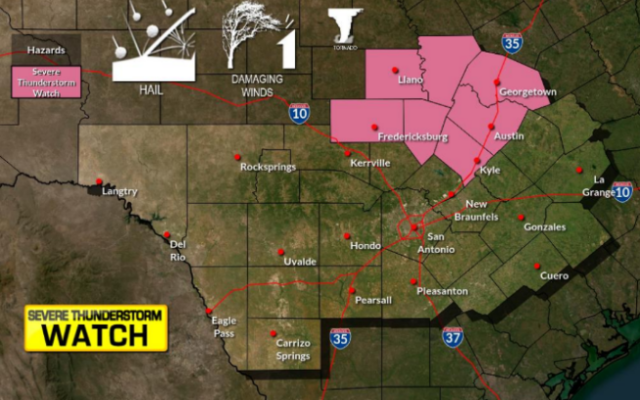RNC votes to pull out of Commission on Presidential Debates
“The Commission on Presidential Debates is biased and has refused to enact simple and commonsense reforms to help ensure fair debates including hosting debates before voting begins and selecting moderators who have never worked for candidates on the debate stage,” RNC Chair Ronna McDaniel said in a statement.
The amendment to the committee’s rules, which members approved at the party’s spring meeting in Memphis, requires potential nominees to agree in writing to participate only in RNC-sanctioned debates or face exclusion from future debates.
“All presidential primary candidates shall also agree in writing to appear in only sanctioned Primary and General Election debates,” the amendment said. “Any presidential primary candidate who does not agree in writing or who participates in any debate that is not a Sanctioned Debate shall not be eligible to participate in any further Sanctioned Debates.”
The amendment includes language about a temporary committee on presidential debates that would approve and sanction debates for the RNC.
Republicans called for reforms to the CPD in the wake of the 2020 presidential debates, when the first debate between Donald Trump and Joe Biden was held after early voting had already started in some states. The committee also called on the commission to reform the way it selects moderators, citing perceived bias with those chosen to oversee 2020’s debates.
The suggested changes included adopting term limits for its board of directors, holding the first debate before early voting, creating a code of conduct to prevent CPD officials from engaging in partisan activity, establishing transparent criteria for selecting moderators and creating a code of conduct for those moderators.
“We are going to find newer, better debate platforms to ensure that future nominees are not forced to go through the biased CPD in order to make their case to the American people,” McDaniel said Thursday.
Mike McCurry, a former co-chair of the CPD and press secretary in the Clinton White House, said the RNC’s motion “is not a surprise” and that the choice of whether to participate in a debate still lies with the candidate.
“I’m sure it’s driven by whatever the Trump agenda is, but at the end of the day, when we get to 2024, the presidential candidates will participate in the debates if they see it’s important and the American people expect them to do it,” he said. “It doesn’t matter whether the RNC is there or the DNC is there. My guess is that most candidates for president will say, ‘I’ve got to be in the presidential debates because that’s where a lot of people pay attention.”
In a statement from January, Democratic National Committee Chairman Jamie Harrison said that “regardless of the RNC’s tantrum, voters can count on hearing from President Biden and Vice President Harris who are proud of their records.”
During their meeting this week, the RNC also gave the green light for their site selection committee to choose cities for the 2024 and 2028 conventions. The committee passed an amendment that convention locations can be recommended as early as seven years in advance of the convention.
“Today marks an historic step in the convention process, putting our Party and our candidates in a stronger position for decades to come,” McDaniel said.
Fin Gomez contributed reporting.
You Might Also Like



